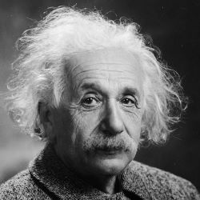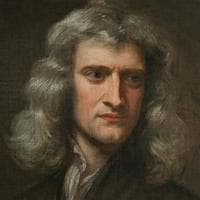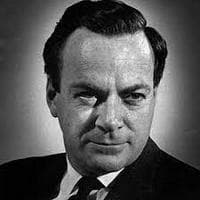Johannes Kepler MBTI Personality Type
Personality
What personality type is Johannes Kepler? Johannes Kepler is an INFJ personality type in MBTI, 5w6 - sp/sx - 594 in Enneagram, RCOAI in Big 5, LII in Socionics.
Arthur Koestler: "'What Kepler attempted [in 'Harmonices mundi'] is, simply, to bare the ultimate secret of the universe in an all-embracing synthesis of geometry, music, astrology, astronomy and epistemology. It was the first attempt of this kind since Plato, and it is the last to our day. After Kepler, fragmentation of experience sets in again, science is divorced from religion, religion from art, substance from form, matter from wind." Arthur Koestler: "The Pythagorean dream of musical harmony governing the motion of the stars never lost its mysterious impact, its power to call forth responses from the depth of the unconscious mind. ... But, one might ask, was ['Harmonices mundi'] a poetic conceit or a scientific concept? A working hypothesis or a dream dreamt through a mystic's ear? ... Johannes Kepler became enamoured with the Pythagorean dream, and on this foundation of fantasy, by methods of reasoning equally unsound, built the solid edifice of modern astronomy. It is one of the most astonishing episodes in the history of thought, and an antidote to the pious belief that the Progress of Science is governed by logic." Werner Heisenberg: "Galileo argued that nature, God's second book, is written in mathematical letters ... Kepler is even more explicit in his work on world harmony; he says: God created the world in accordance with his ideas of creation. These ideas are the pure archetypal forms which Plato termed Ideas, and they can be understood by man as mathematical constructs. They can be understood by Man, because Man was created in the spiritual image of God. Physics is reflection on the divine Ideas of Creation, therefore physics is divine service." Carl Sagan: "He was distracted by an incessant interior clamour of associations and speculations vying for his attention." Edwin Arthur Burtt: "The Neo-Platonic background, which furnished the metaphysical justification for much of this mathematical development (at least as regards its bearing on astronomy) awoke Kepler's full conviction and sympathy. Especially did the aesthetic satisfactions gained by this conception of the universe as a simple, mathematical harmony, appeal vigorously to his artistic nature." Kepler: "I certainly know that I owe [the Copernican theory] this duty, that as I have attested it as true in my deepest soul, and as I contemplate its beauty with incredible and ravishing delight, I should also publicly defend it to my readers with all the force at my command."
Biography
Johannes Kepler (German: [joˈhanəs ˈkɛplɐ, -nɛs -]; December 27, 1571 – November 15, 1630) was a German astronomer, mathematician, and astrologer. He is a key figure in the 17th-century scientific revolution, best known for his laws of planetary motion, and his books Astronomia nova, Harmonices Mundi, and Epitome Astronomiae Copernicanae. These works also provided one of the foundations for Newton's theory of universal gravitation.
Related Personalities

Albert Einstein

Isaac Newton

Neil deGrasse Tyson

Stephen Hawking

J. Robert Oppenheimer

Richard Feynman

Carl Sagan

Werner Heisenberg








